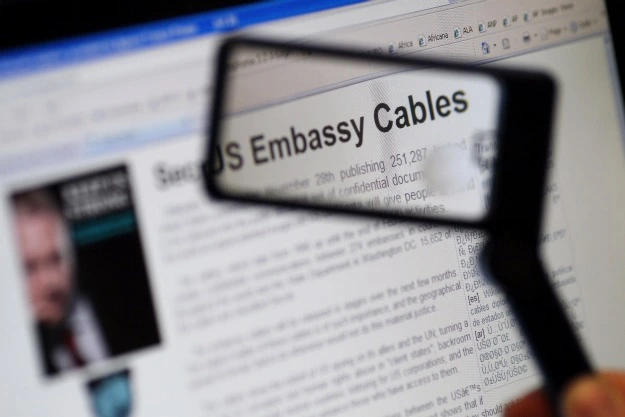The WikiLeaks saga has reconfirmed the status of Pakistan as a client state. Its leadership – civilian and military – as a matter of routine, involves external actors in matters of domestic policy and power plays. We knew this all along but the semblance of documentary evidence confirms the unfortunate trends embedded in Pakistan governance systems. However, the orthodoxy that it is the West which interferes is not the full story. The inordinate influence exercised by ‘friendly’ Arab states, especially Saudi Arabia, is also a sad reminder of how warped Pakistan’s way of living is.
India is the principal enemy; and our Saudi and Gulf friends wish the other neighbour, Iran, to be bombed. We are obsessed with ‘legitimate’ security interests in Afghanistan. This is a dysfunctional state of being and has made us addicted to western aid, leveraging global great games and denying that regional cooperation is in our ultimate self-interest. Such delusional ways of looking at the world has made the state splinter and devolve authority to non-state actors, which can advance its security policies.
What is the picture that emerges from the cable-mess: A president lives in fear of being assassinated; the army chief ‘considers’ options to dismiss the elected president and then changes his mind because he ‘distrusts’ the alternative – Nawaz Sharif – even more! The state benefits from American largesse and hates it at the same time. Civilian leaders regularly reiterate their support to the US – the second A in the power trinity of ‘Allah, America and the Army’. Sadly, nothing new. Yet, deeply disturbing.
Those who thought the lawyers’ movement has altered the course of Pakistani history, or that the re-emergence of civilian politics was going to shift the balance of power between the civil and the military, were wrong. Pakistan’s security establishment remains in charge of the country except that it no longer enjoys a monopoly. There are civilian allies of the non-state actors now who can adequately warn banned terrorist outfits of an impending crackdown.
The centre-province, civil-military and ideological fissures define the state of Pakistan in the 21st century. Of course, the conduct of Western powers does not help either. The US ambassador moves around the country reminiscent of the way a viceroy mediated warring domestic parties. The influence of the Saudi kingdom illustrated by their biases and sectarian worldviews dominates our policy considerations.
Pakistan cannot continue to function like this. It has moved to a situation where its dependent ruling elites are disconnected from an exploding population and embroiled in an intra-bourgeoisie conflict, thereby paving the way for short-term political instability and medium-term crisis of governance. Whether we like it or not, the world is rightly worried about a nuclear state unable to govern itself. It’s about time Pakistanis woke up and re-examined their obsession with outsiders destabilising the country. Who needs enemies when our ruling classes are playing the game so well?
My op-ed published in The Express Tribune, December 3rd, 2010.



